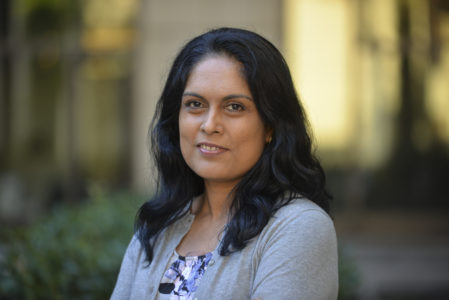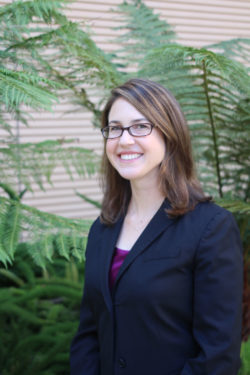Stanford Law School’s and UC Davis Law School’s Immigration Clinics Reveal New Information About the Federal Government’s Billion Dollar Immigration Detention and Bond Operations
The Stanford Law School Immigrants’ Rights Clinic (IRC) and the UC Davis Immigration Law Clinic (ILC) released a report on April 26, 2019 revealing that the federal government’s immigration bond system is a $1.5 billion operation. The report, based on records obtained through a Freedom of Information Act (FOIA), also details that the federal government is holding more than $200 million owed to immigrants and their families.

The federal government’s immigration agency, Immigration and Customs Enforcement (ICE), detains an average of 350,000 immigrants each year. Detained immigrants or their families may pay an immigration bond to secure the immigrant’s release from ICE custody while their immigration case is pending.
The new report illustrates how the immigration bond system creates a series of obstacles for those attempting to recoup their money once an immigration case resolves. While some immigrants and their families are eventually able to recover their bond money, newly obtained records show that more than $200 million dollars owed to immigrants and their families remains unclaimed.
“The loss of millions of dollars that legally belong to immigrants and their families is an indictment of the broken immigration detention system,” said Jennifer Stark, Clinical Supervising Attorney with the Stanford IRC. Added Jayashri Srikantiah, Director of the IRC and Stanford Professor of Law, “ICE should be required to adopt more transparent policies to ensure that immigrants and their families can recover their bond money.”

“We urge Congress to provide greater oversight of ICE’s bond activities,” commented John Mitchell, a second-year law student at UC Davis who helped author the report. Holly Cooper, Co-director of the U.C. Davis Immigration Law Clinic, observed: “Immigrants and their families make enormous financial sacrifices to pay bonds, and our government should make every effort to return unclaimed bond money to hardworking immigrant families.”
The UC Davis and Stanford Law School clinics wrote the report on behalf of Asian Americans Advancing Justice—Asian Law Caucus (AAAJ-ALC). The report is the result of records obtained through litigation filed by the two clinics on behalf of AAAJ-ALC.
UC Davis School of Law students Emily Child (’20), Suyapa Lainez (LLM ’19), John Mitchell (’20), and Karen Pedraza (’20) worked under the supervision of UC Davis Clinical Professor Holly Cooper.
Stanford Law School students Matthew Sellers (’17) and Nayha Arora (’17) worked under the supervision of Jayashri Srikantiah and Jennifer Stark.
About the Stanford Law School Immigrants’ Rights Clinic
Students in the Immigrants’ Rights Clinic have full responsibility for defending clients against deportation in San Francisco Immigration Court, the Board of Immigration Appeals, and the federal courts of appeals. As part of that work, students write complex legal briefs, argue cases, conduct fact investigation, interview witnesses and clients, and represent clients in mini-trials. Students also engage in cutting-edge litigation and advocacy in partnership with local and national immigrants’ rights organizations.
About the UC Davis School of Law Immigration Law Clinic
The Immigration Law Clinic is one of the few clinics in the nation devoted to defending the rights of detained immigrants in federal court. A centerpiece to the Clinic’s work is protecting the rights of unaccompanied immigrant children in federal immigration custody. The Clinic has won several landmark cases that help ensure basic constitutional protections for detained children. The Clinic also defends immigrants in immigration court and helps provide legal orientations to detained immigrants. The Clinic provides unique training to its students on how to mitigate the potential immigration consequences facing noncitizen defendants charged with criminal offenses.
About Stanford Law School
Stanford Law School is one of the nation’s leading institutions for legal scholarship and education. Its alumni are among the most influential decision makers in law, politics, business and high technology. Faculty members argue before the Supreme Court, testify before Congress, produce outstanding legal scholarship and empirical analysis, and contribute regularly to the nation’s press as legal and policy experts. Stanford Law School has established a new model for legal education that provides rigorous interdisciplinary training, hands-on experience, global perspective and focus on public service, spearheading a movement for change.
About UC Davis School of Law
UC Davis School of Law prepares students to become socially responsible lawyers committed to professional excellence and high ethical standards. The UC Davis School of Law curriculum is designed to provide a solid foundation of practical knowledge and skills that enable our graduates to pursue careers in whatever area of legal practice they may choose, from public service to business litigation to legal scholarship.
